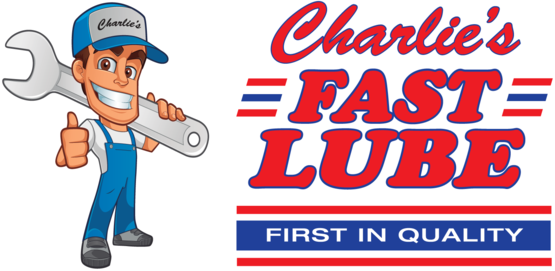PCV Valve: What Is It?
May 4, 2025
Most Perryville drivers know something about preventive maintenance on a vehicle. We know we should routinely replace the oil and wiper blades and other fluids. But have you heard of a PCV valve ? This little car part needs to be replaced regularly or it can cause some serious problems in your vehicle engine.
PCV stands for Positive Crankcase Ventilation. The crankcase holds your motor oil and is located at the bottom of your engine.
When fuel is burned in your engine, it produces waste gases that are mostly vented out through your exhaust system. But some of these gases push their way past the pistons and into the crankcase. There, these gases can mix with motor oil to produce oil sludge, which can damage vehicle engine parts through corrosion and by clogging engine passages. Perryville vehicle owners should be advised that if the engine is running at high speeds, these gases can also cause pressure inside the crankcase to build up. This pressure, in turn, can blow gaskets and damage seals, leading to oil leaks.
The waste gases that leave the engine are comprised of about 70% unburned fuel. They used to be vented off the crankcase into the atmosphere. But starting in 1964, laws mandated that these gases be recaptured. Manufacturers began installing PCV systems, which recycled the gases into the air intake system where they could be mixed with fuel and sent to the engine to be burned.
The PCV valve is a one-way valve attached to the crankcase. Waste gases exit the crankcase through the valve but cannot enter.
Over time, the waste gases leave deposits on the PCV valve that can gum it up. So it needs to be replaced occasionally. This is an inexpensive part of preventive maintenance that is often overlooked, but which can have very expensive consequences. It's good auto advice to keep this little valve clean and working well.
In order to maintain efficient circulation, the PCV system also has a breather tube that allows clean air to enter the crankcase. This air is usually filtered through the engine air filter. But some vehicles have a separate air filter for the breather tube called the breather element. If this is the case with your vehicle, proper maintenance of the PCV will include replacing this element. To find out whether your vehicle has this type of PCV system, check your owner's manual or ask your service advisor at Charlie's Fast Lube Perryville.
The PCV system reduces harmful vehicle emissions. The maintenance it requires is simple and inexpensive at Charlie's Fast Lube Perryville. A fouled or damaged PCV system can lead to serious engine damage for Perryville drivers.
Let's all learn to practice good car care. It's good for our wallets, and it's good for our Missouri environment.
Charlie's Fast Lube Perryville
701 S. Perryville Ave
Perryville, Missouri 63775
575-517-0022
http://www.charliesfastlubeperryville.com
Need Service?
More articles from Charlie's Fast Lube Perryville

Don't Miss a Beat (Importance of Regular Maintenance)
March 1, 2026
In many places, license plates have to be renewed every year or else you can't drive your vehicle legally. Usually, you'll get a reminder from the agency that issues the plates. That kind of regular attention needs to be paid to your vehicle as well. Its manufacturer has determined a schedule o... More

No Fuel-ing! (Fuel Filter Replacement)
February 22, 2026
Your vehicle has a few filters you might be somewhat familiar with. Theres the oil filter that removes impurities from your engines oil, and a couple of different kinds of air filters that prevent contaminants from getting into the engine and the cabin. But you may not know that your vehicle als... More

Battery Replacement for Your vehicle
February 15, 2026
Modern vehicles in and around Perryville run on 12 volt electrical systems. 12 volts is enough to get the job done for Perryville drivers without having so much power that there is danger of electrocution. But today's vehicles have more electrical components and do-dads than ever before. This re... More









